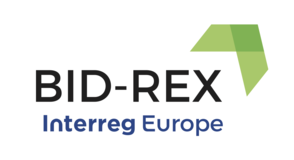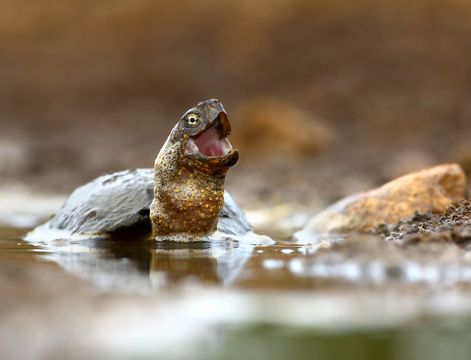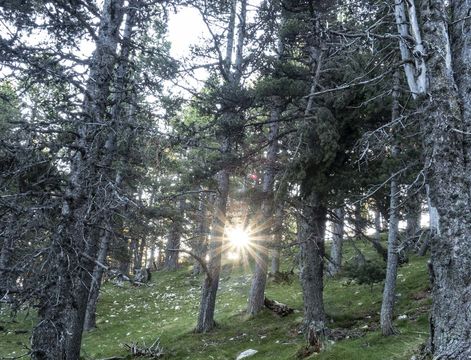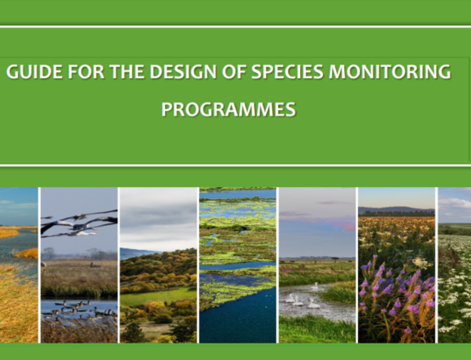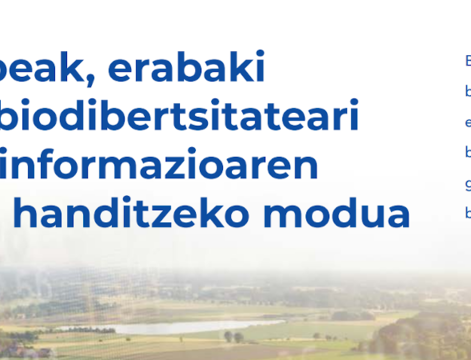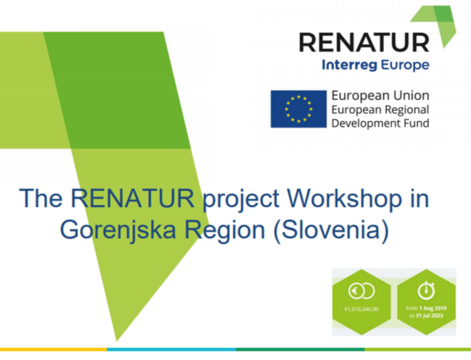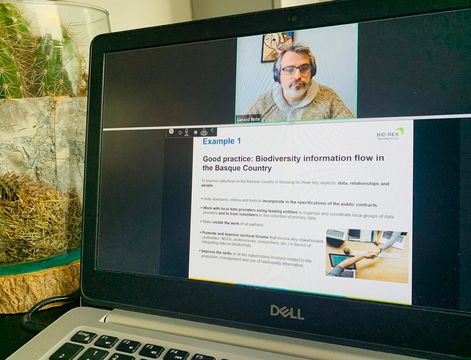The Catalan Local Stakeholder Group (LSG) met in Barcelona last month to establish working groups on the Observatory of Natural Heritage and on improving the impact of the European Regional Development Fund oriented to natural heritage.
The meeting also served to to review the outputs of the recent workshop held in Wallonia, with an emphasis on those most relevant to the Catalan action plan. This includes the key elements of information infrastructures that add value from a manager's point of view.
The results from a survey carried out in Catalonia were analysed to reveal the current situation in regard to biodiversity data, conservation decision-making and the funding criteria of ERDF. The lack of biodiversity-based information flows was exposed, together with the fact that managers are not using this type of European funding for conservation.
Having this clear starting point has resulted in the LSG participants setting up specific working groups to develop actions plans to remedy this situation. These action plans will also lead to the creation of the Observatory of Natural Heritage, the other main objective of the BID-REX project in Catalonia.
“The Observatory of Natural Heritage can develop towards a good instrument to provide the Catalan society with independent, rigorous and truthful information, and at the same time, to ease the selection and monitoring of the ERDF funded projects”, explains Núria Pou, coordinator of the BID-REX project.
The Catalan LSG is formed by Catalan institutions with a role in the field of biodiversity information in Catalonia and, managers and users of the ERDF. This group will meet regularly over the next three years to exchange experiences and needs in relation to biodiversity information to design the action plan to achieve the objectives of the project in Catalonia.
